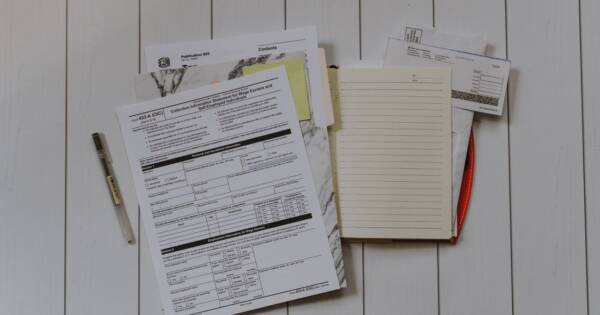Purchasing land is one of the biggest investments many people will make in their lifetime, so it’s important to get it right. It’s always exciting, but also sometimes confusing. Whether you need land to build a house on or you have a more commercial interest, understand the things you should know before you commit to a major land purchase.
What You Need To Know
From the initial search for a property to the due diligence Define: Due Diligence The reasonable standard of care, investigation or assessment required before signing a contract. it takes to make sure you know what you’re getting, and the complicated rules for financing, purchasing land can be a daunting task for buyers, particularly first-time buyers.
Purchasing Land Can Get Costly
The first step of purchasing land is to take stock of the resources you have to make it work. Beyond the likely cost of land in the area you’re looking into, there are always other associated expenses. Most land purchase agreements in the United States include various fees, permits and taxes, as well as the cost of financing and construction if you plan to build on the plot. You could also have surveying and landscaping costs to level the ground, plus access costs for electricity, water and sewage if those aren’t included.
The costs you can expect to pay vary from one area to another, even within a single state. Even a brief consultation with a local expert can help you model the financial costs you’re signing up for with this type of purchase.
Searching for Good Land
Not all land is equal, and depending on what you plan to do with yours, some plots are better than others. If you plan to build a house on the land you’re buying, the physical layout of the property can be the difference between smooth sailing and an impossible (and costly) hassle. Issues with drainage, fire danger, wildlife and even the proximity to historical or natural protected areas can all affect whether you can build anything useful in a given location.
You can somewhat mitigate the risk of purchasing land for a house by doing research before the deal closes. If necessary, hire a surveyor or an engineer to inspect your potential new plot of land and report back on any adverse or concerning conditions. Even something as simple as faulty drainage from a nearby interstate highway could cause water to pool and form a legal wetland, which could trigger environmental laws that hold up your home construction. Know about these issues before you buy.
What Do You Plan to Build?
Most people who buy land in the United States do so in order to build a house, but there are several other reasons to invest in land. What you plan to do with the land can make a difference to whether a plot is worth the cost or not.
Farming is a common use for privately held land. Before you buy, find out what irrigation is likely to cost and whether there’s convenient transportation for your crops. If you plan to build a more commercial property, such as a workshop or factory, remember that every state and urban area has its own rules about noise, pollution and other issues affecting your operation. Even if you plan to build a rental property on the land and rent it out, you should know that many areas have different zoning laws and restrictions for commercial rental properties than they do for an owner-occupied dwelling.
With the rising cost of housing, buying vacant land and living on it in an RV or other similar travel-trailer is also of growing interest to many people. However, many cities don’t allow this and will issue fines and eviction (from your own land) if you attempt it and are caught. It’s critical to find out all of the rules relevant to your post-purchase plan before actually purchasing the land.
Financing a Plot of Land
Unfortunately for many residential buyers, most land purchases are treated as commercial loans by the lender. This is true even if you plan to build a house and live on the land you purchase. As a rule, residential land purchases are split into two loans: the commercial loan you need to buy the land and a residential loan that pays for the improvements, usually called a development loan.
The rules for getting a development loan are similar to the standards for getting any other mortgage. The land mortgage, however, is almost exactly the same as a business loan for equipment or facility construction. To get one, you might have to draft a business plan for the bank to review. This is often the case even when you have no commercial plans for the land at all. In these cases, the “business plans” borrowers submit often include likely projections of future real estate values and proof of the borrower’s ability to pay back the loan.
Making an Offer and Finalizing the Deal
When you have land picked out and have consulted with legal and real estate professionals, you are finally ready to make an offer. This can be done through a local real estate agent, or you can make the offer yourself to the current landowner. Be aware that an offer to buy land can be considered an enforceable contract in some ways, and you might be liable for damages if your offer is accepted and you later back out.
It’s common to make a formal offer via a purchase agreement form. You can download a land purchase agreement form in PDF here. While every agreement for purchasing land is a little different, in general, the best contracts include:
- A clear, unambiguous description of the exact property boundaries
- An assertion from the seller that the land is not protected, under a lien, prone to disaster or otherwise unsuitable for your stated purpose
- A clause allowing you to revoke the agreement if inspectors find a serious problem
- A date of final transfer, after which the land is yours
As with any legal document, always ask a lawyer who knows the real estate market to review your contract before signing. It can make purchasing land much easier and give you peace of mind that the property is safe to buy.






